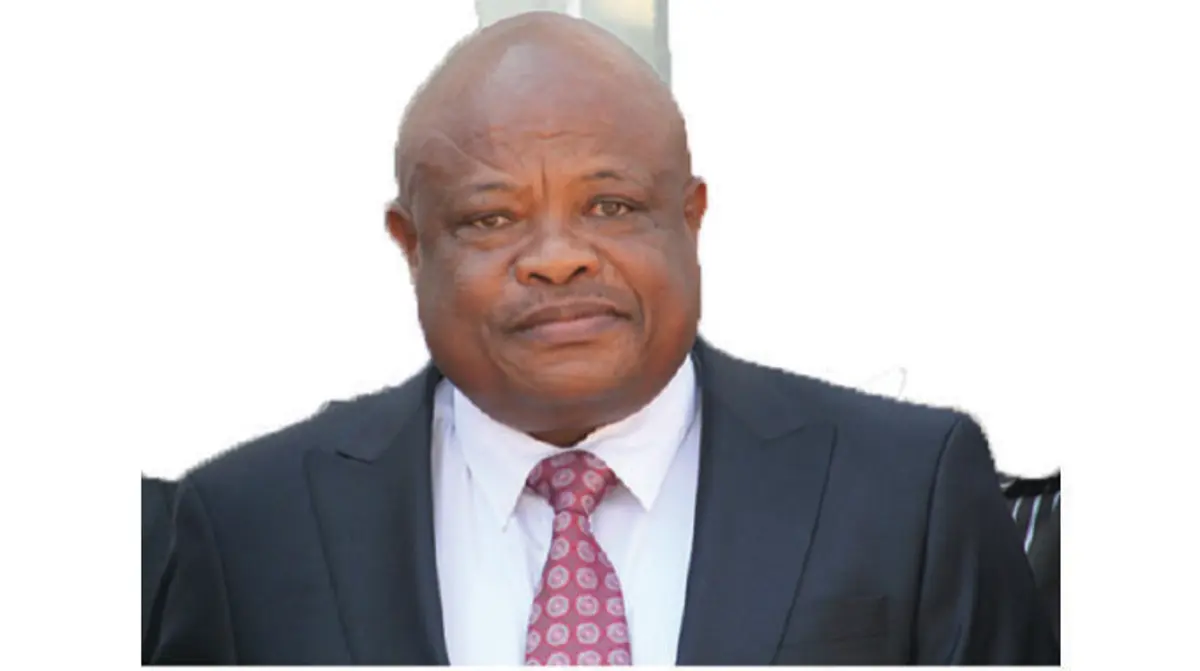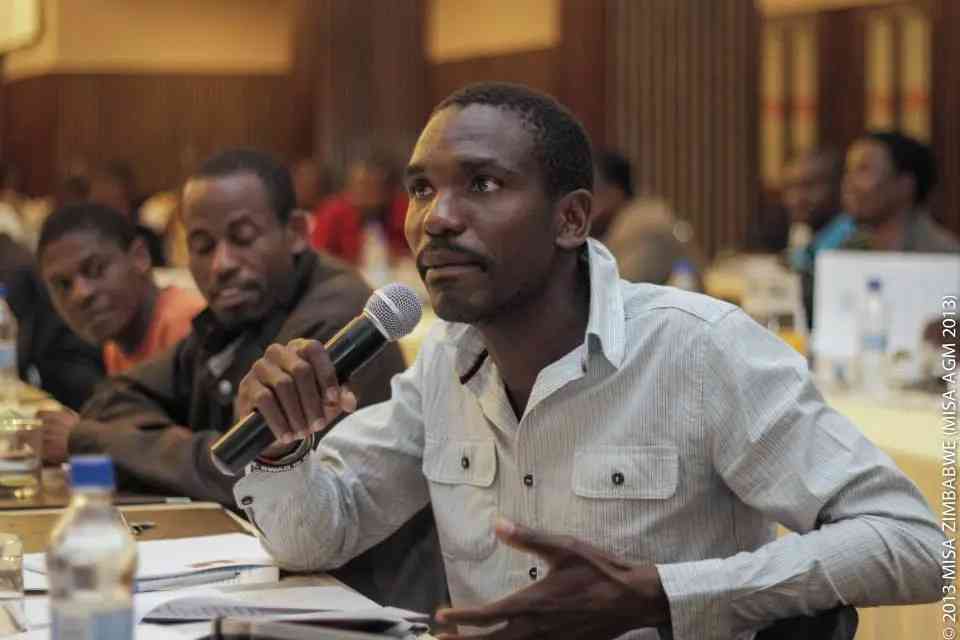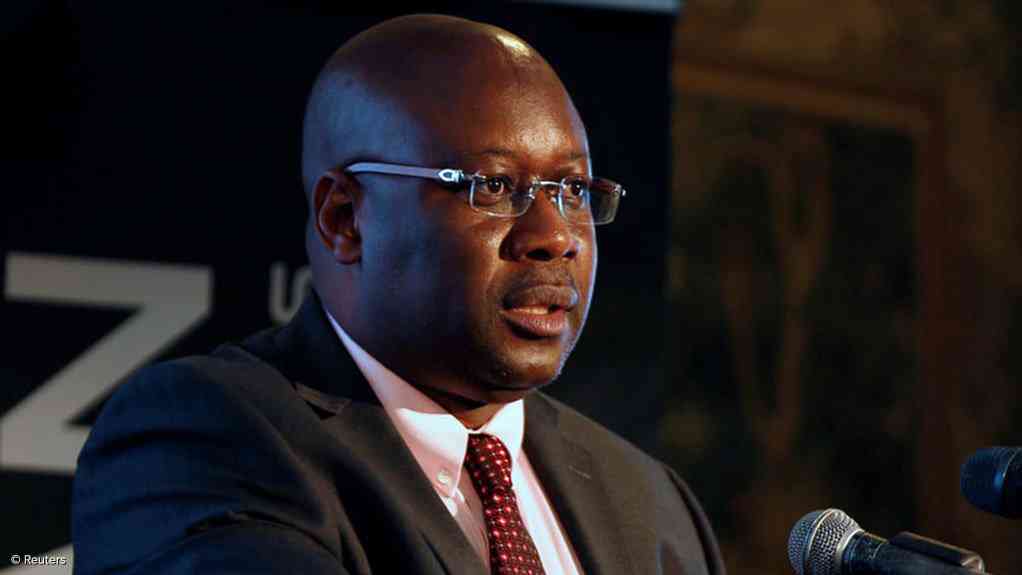
RETIRED Justice Webster Chinamora, who was recently appointed chairperson of the Zimbabwe Independent Complaints Commission (ZICC), has disclosed that he stepped down from the High Court bench due to health reasons, amid ongoing questions about his suitability to lead the commission.
Chinamora resigned last year shortly after President Emmerson Mnangagwa set up a tribunal to investigate his conduct.
His resignation left a backlog of unresolved cases, and he faced allegations of issuing a judgment in a case he had not presided over.
Chinamora was appointed to the constitutional commission by Mnangagwa last week, alongside former national police spokesperson and ex-Zanu PF MP Oliver Mandipaka, Elizabeth Rutsate, Kudakwashe Muchena and Andrew Mataruse.
In an exclusive interview with the Zimbabwe Independent this week, Chinamora spoke for the first time on why he resigned from the bench and his suitability to lead ZICC.
He said: "I am glad you have asked that question, because no one has ever asked me why I resigned. I resigned in November 2023 on medical grounds after being diagnosed with prostate cancer. The following month, I had a major operation in South Africa, and am fully cured as a result. My health is something I seldom bring into the public domain. I do not believe that there is anything that adversely affects my suitability to Chair the Commission."
The ex-High Court Judge highlighted that his longstanding experience in the legal field best placed him to lead the commission.
“My experience as a judge and the numerous cases I heard and decided equipped me with a good understanding of the constitution, the laws of our country, and the issue of human rights,” Chinamora said.
- Judge’s graft case raises stink
- Judge’s sudden resignation opens a Pandora’s box
- Uproar as security chiefs flood complaints watchdog
- Reason for High Court judge’s abrupt resignation revealed
Keep Reading
“That background also sharpened my analytical thinking skills and ability to deal with cases and litigants fairly and impartially. I will carry this experience into my approach to complaints which come before the commission.”
Commenting on the importance of the commission, Chinamora said the body helped entrench Zimbabwe’s democratic space by regulating the excesses of state security agents.
He added that the establishment of ZICC would foster trust between citizens and the state’s security system.
Zimbabwe, Chinamora noted, could just be one of the first countries in Africa to set up a constitutional body to address complaints raised against the entire state security mechanism.
“I am unaware of any country in Africa that has established a commission that deals with complaints against the entirety of the security sector (i.e. the army, police, intelligence service and prison service). The commissions in Malawi and South Africa are confined to complaints against the police force and army,” he said.
“The Zimbabwe Independent Complaints Commission is very essential, and I will give two reasons. Firstly, it provides checks and balances which are crucial to enhancing our democratic processes.
“Secondly, the existence of a mechanism to make complaints against the security services; impartial investigation of such complaints, and provision of remedies builds confidence between the public and the security sector.”
Chinamora said the body would be guided by a set of regulations on how it would be conducting its business. The regulations will be formulated by the ministry of Justice, Legal and Parliamentary Affairs.
The regulations would encompass how complaints are registered and how the commission will handle them.
“As a commission, one of the key immediate priorities is to work on regulations that will guide and facilitate its work. The work of the commission should start in earnest once a few logistical issues are finalised,” he told the Independent.
“An issue of immediate priority is the establishment of regulations by the relevant Minister (i.e. Minister of Justice, Legal and Parliamentary Affairs).
“Regulations will, among other things, outline the procedure to be followed in conducting investigations, submitting, registering, processing and disposing of complaints, and provide for offences and penalties which may be imposed for contravening the regulations.”
Addressing questions on timelines within which complaints must be registered, Chinamora said grievances should be within three years from the time they were committed. According to legislation which birthed ZICC, one of its members should have solid medical expertise. Mataruse is a medical doctor.
Chinamora explained that: “The role of commissioners with clinical expertise is self-evident.
The commission will necessarily interact with a vast amount of medical forensic evidence during investigations. That evidence will require interpretation and analysis by a medical practitioner.
“As regards the role of a psychologist, the commission will, invariably, encounter victims of alleged abuse by members of the security sector, as well as the perpetrators.
“The psychologist would invariably assess the psychological/mental impact of the act complained. In addition, he will advise on appropriate interventions or remedies for both the victims and perpetrators.”
As ZICC chairperson, Chinamora, among other constitutional functions, would be expected to request heads of state security agents to appoint an individual from each agency who will sit in the commission.
In March, Parliament interviewed 35 people, who were vying for positions in the commission.
ZICC's primary function is to investigate grievances levelled “by any person on his or her behalf against any misconduct on the part of a member of a security service in the discharge or purported discharge of the member’s functions”.










